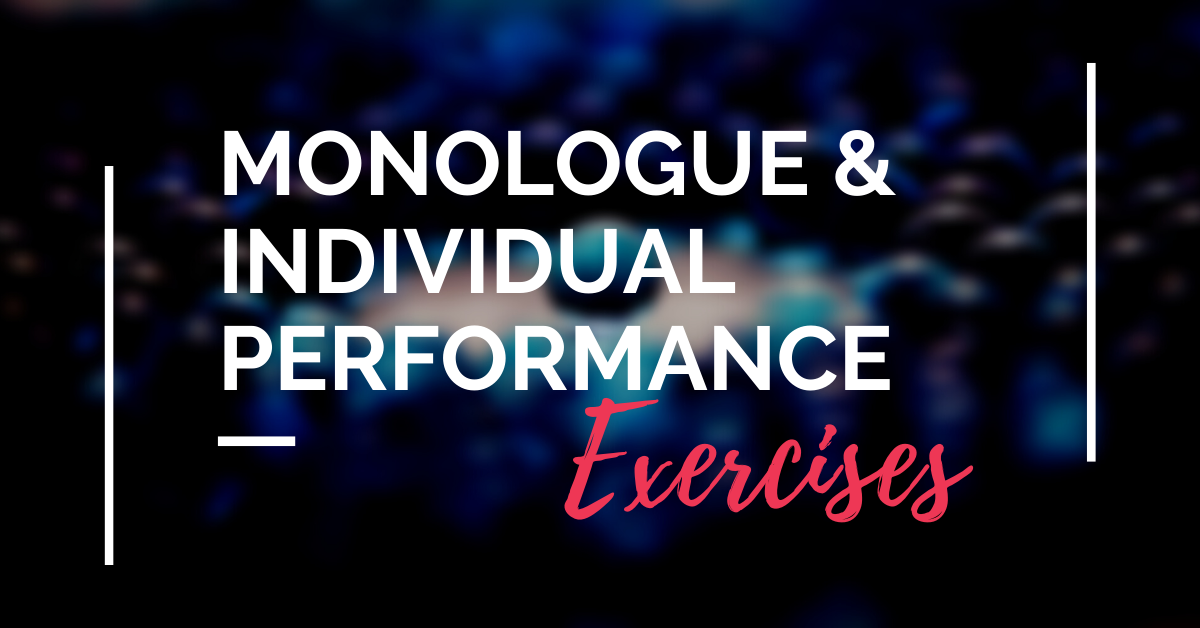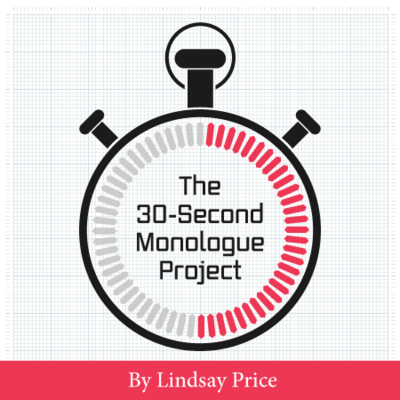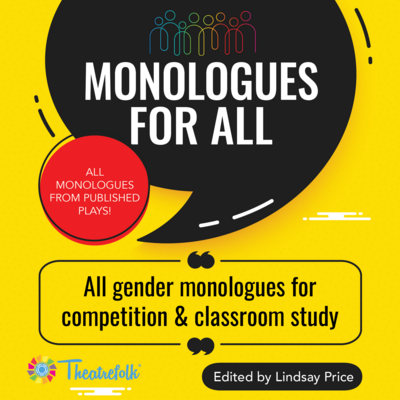Agatha Rex by Lindsay Price is a bold high school take on Antigone - packed with heart, conflict, and a powerhouse ensemble. One girl. One stand. One huge risk. *NEW COMPETITION VERSION AVAILABLE!*
Monologue Exercise – Share Your Heart
In this multi-part exercise, students will write monologues based on the concept of an “I want/I wish” song, which is used by a character to share their heart’s desire. It is primarily a written exercise, but students can also read aloud or perform their written pieces for the rest of the class if you wish. This exercise can be completed in live, in-person classes, via distance learning, or assigned as homework.
Step 1: Identifying “I want.”
One of the traditional song themes in musicals is the “I want” or “I wish” song. A character wants something so badly that they break into song to express their feelings, hopes, dreams, or goals. They show their vulnerable side, and the journey towards achieving their heart’s desire is what pushes the story forward. For example, in Disney’s The Little Mermaid, Ariel’s song “Part of Your World” demonstrates how much she wants to join the human world. In Hamilton, the song “My Shot” shares Alexander Hamilton’s wish to make a name for himself and take his place in history (even if it means dying for it).
Step 1: Brainstorm a list of “I want/I wish” songs, identifying the musical the song comes from, the character who sings the song, the character’s want or wish, and how it drives the action. Songs can be from musical theatre productions or musical movies.
Step 2: Baby steps.
“I want” songs can be thought of as monologues that are sung with music. Let’s take that idea of expressing your heart’s desire, and apply it to writing a monologue. The goal is to be authentic, honest, and vulnerable. This can be hard, because we often worry about what others will think of us if we express what is truly in our hearts. We worry about the consequences, the whys, the hows. But do you know who doesn’t think about those things? Five-year-old kids. Little kids think nothing about wishing to be a ninja ballerina princess, have a pet velociraptor, or eat fifteen ice cream cones. The sky’s the limit when it comes to their heart’s desire, and they have no problem expressing it and even directly asking for it. Let’s take baby steps and practice asking for our younger self’s desires.
Step 2: Write a “Santa letter.” Think back to when you were younger, around five years old. Write a letter to Santa Claus asking for the one present you want most in the world. Describe the item in detail. Explain why you want it. Write about some of the good things you did that year to deserve the gift. Describe how happy you would be if you got it.
If you wish, have students read their letter aloud to the rest of the class and reflect on these questions: How did it feel to share your letter? Was it easy or hard? Did you feel vulnerable asking for what you wanted? Why or why not?
Step 3: Answering the hard questions.
Now that students have practiced asking for their younger selves desires, it’s time to step it up and think about something big they want now. It could be something they want to possess, like a physical object or a pet. Maybe there’s something they want to share, but they’re not sure how to do it or what people would think of them. It could be the desire to travel somewhere, the hope that someone will fall in love with them, the acceptance of someone they admire, a dream job, or world peace. It can be challenging for students to be vulnerable and express what they want. Encourage them to be open and authentic. This doesn’t mean being weak or spineless, but it does involve some risk.
Step 3 Action: Answer the following questions:
- What is something you currently want badly?
- Why do you want it?
- How would getting what you want make you feel?
- How will your life be better if you get it?
- What challenges are standing in the way of you getting what you want?
- What would you be willing to do to get what you want?
- What would happen if/when you got what you wanted?
- What would happen if you didn’t get what you wanted?
Step 4: Make it theatrical.
Now that students have the bones of the monologue, it’s time to flesh it out and make it theatrical. Just reading the answers to the questions isn’t very interesting. Have students think about what style or format they’d like their monologue to be in. How can they make it interesting to read and perform? They could recite it as though they were speaking to someone important, write a letter or journal entry, make it into a poem or song, or come up with another interesting way of presenting the material.
Step 4: Write your monologue, using the answers from Step 3 as a basis for your work. Monologues should be approximately one page.
If you wish, students can rehearse and perform their monologues once they are finished writing.
The most important thing is to be honest and authentic. It’s not easy for students to be vulnerable. Commend your students for their bravery in sharing their wishes. It may even help students to go forward and work towards actually getting their heart’s desire outside of the drama classroom.
Related Articles
The 30-Second Monologue Project
by Lindsay Price
Give students the confidence, skills and tools they need to master the monologue with The 30-Second Monologue Project. This four-lesson unit guides students from the first moment to a successful performance.
Monologues for All
by Lindsay Price
Many monologue books have monologues with only male- or female-identified characters. This resource allows students to infer the identity of the character.





